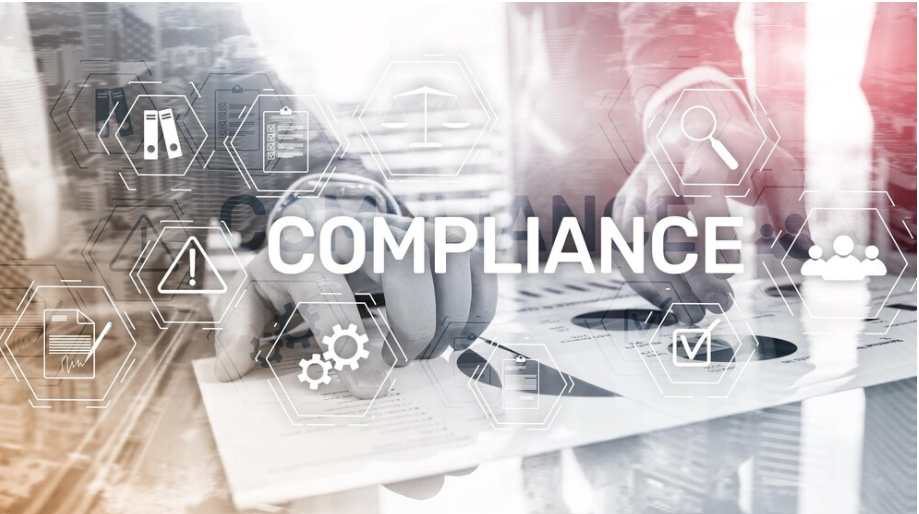OTC Markets Audit Requirements: Navigating the Landscape with PCAOB Registered Auditors

For companies considering listing on the OTC Markets, understanding the audit landscape is crucial. This blog post from Pipara & Co LLP dives deep into OTC Markets audit requirements, specifically focusing on the role of PCAOB registered auditors.
Understanding the OTC Markets
The OTC Markets serve as an alternative trading system for companies not listed on major exchanges like NYSE or NASDAQ. While offering greater flexibility, the OTC Markets have varying tiers with different listing requirements.
Audit Requirements for Different OTC Markets Tiers
- OTCQX: Companies seeking to uplist to OTCQX must be current in their financial reporting with a national securities exchange or a banking or insurance regulator. This often translates to audited financial statements.
- OTCQB: This tier has more stringent requirements. Companies must have annual financial statements audited by a PCAOB registered auditor, prepared in accordance with US GAAP or IFRS (for International Reporting Companies).
- OTC Pink: The most basic tier has minimal requirements. However, companies aiming to attract investors often choose to have their financials audited for increased transparency.
Why PCAOB Registered Auditors Matter
The Public Company Accounting Oversight Board (PCAOB) is a non-profit organization established to oversee the audits of public companies. PCAOB registration ensures auditors adhere to rigorous standards, promoting investor confidence in the financial statements.
Benefits of Using PCAOB Registered Auditors for OTC Markets Listings
- Enhanced Credibility: A PCAOB audit signifies a higher level of scrutiny and adheres to internationally recognized standards. This bolsters investor confidence in your company’s financial health.
- Improved Liquidity: Investors often prioritize companies with audited financials. PCAOB audits can potentially improve your stock’s liquidity by attracting a wider investor base.
- Smoother Uplisting: If you plan to uplist to a major exchange in the future, having established experience with PCAOB audits streamlines the process.
- M&A Readiness: PCAOB audits prepare your company for potential mergers and acquisitions, as many acquirers require audited financials.
Choosing the Right PCAOB Registered Auditor
Finding the right PCAOB registered auditor is vital. Here are some key factors to consider:
- Industry Expertise: Choose an auditor with experience in your specific industry. Their familiarity with industry-specific accounting practices translates to a more efficient and accurate audit.
- Size and Scalability: Consider your company’s size and growth plans. Choose an auditor with the capacity to serve your needs as you scale.
- Communication Style: Effective communication is critical. Seek an auditor who clearly explains the audit process and findings in terms you understand.
- Cost Considerations: While cost shouldn’t be the sole deciding factor, obtain quotes from several auditors to ensure you get a fair price for the services offered.
Pipara & Co LLP: Your Partner in OTC Markets Audits
At Pipara & Co LLP, we are a team of PCAOB registered auditors with extensive experience serving companies listed on the OTC Markets. We understand the unique challenges and opportunities faced by OTC companies and tailor our audit approach accordingly.
Our Services Include:
- Financial Statement Audits: We perform comprehensive audits in accordance with PCAOB standards, ensuring your financial statements accurately reflect your company’s financial position.
- Internal Controls Assessment: We evaluate your internal controls to identify any weaknesses and recommend improvements to strengthen your financial reporting processes.
- Compliance Services: We help you navigate the complex regulatory landscape of the OTC Markets and ensure your financial reporting adheres to relevant standards.
Contact Pipara & Co LLP Today
Ready to navigate the OTC Markets audit landscape with confidence? Contact Pipara & Co LLP today. We’ll guide you through the process and ensure a smooth and successful audit experience.
Blog Category
- 401(k) audit
- accredited auditors in Isle of Man
- Corporate issuer audit services in India
- cybercrime investigation services
- due diligence
- forensic accounting in the USA
- Internal audit
- international management audit services in USA
- PCAOB registered auditors
- Recognised Auditors
- state tax compliance consulting USA
- statutory audit firms in Dubai
- Tax Advisory Services India
- tax planning for expatriates
- Transaction Audit
Tags
- 401(k) audit
- accredited auditors in Isle of Man
- Chartered Accountants in Ahmedabad
- Corporate issuer audit services in India
- Cross-Border Estate Planning
- cybercrime investigation services
- digital forensics services in India
- due diligence
- forensic accounting in the USA
- Internal audit
- international management audit services in USA
- PCAOB registered auditors
- Recognised Auditors
- Section 185 Compliance Services
- state tax compliance consulting USA
- statutory audit firms in Dubai
- Tax Advisory Services India
- tax planning for expatriates
- Transaction Audit











